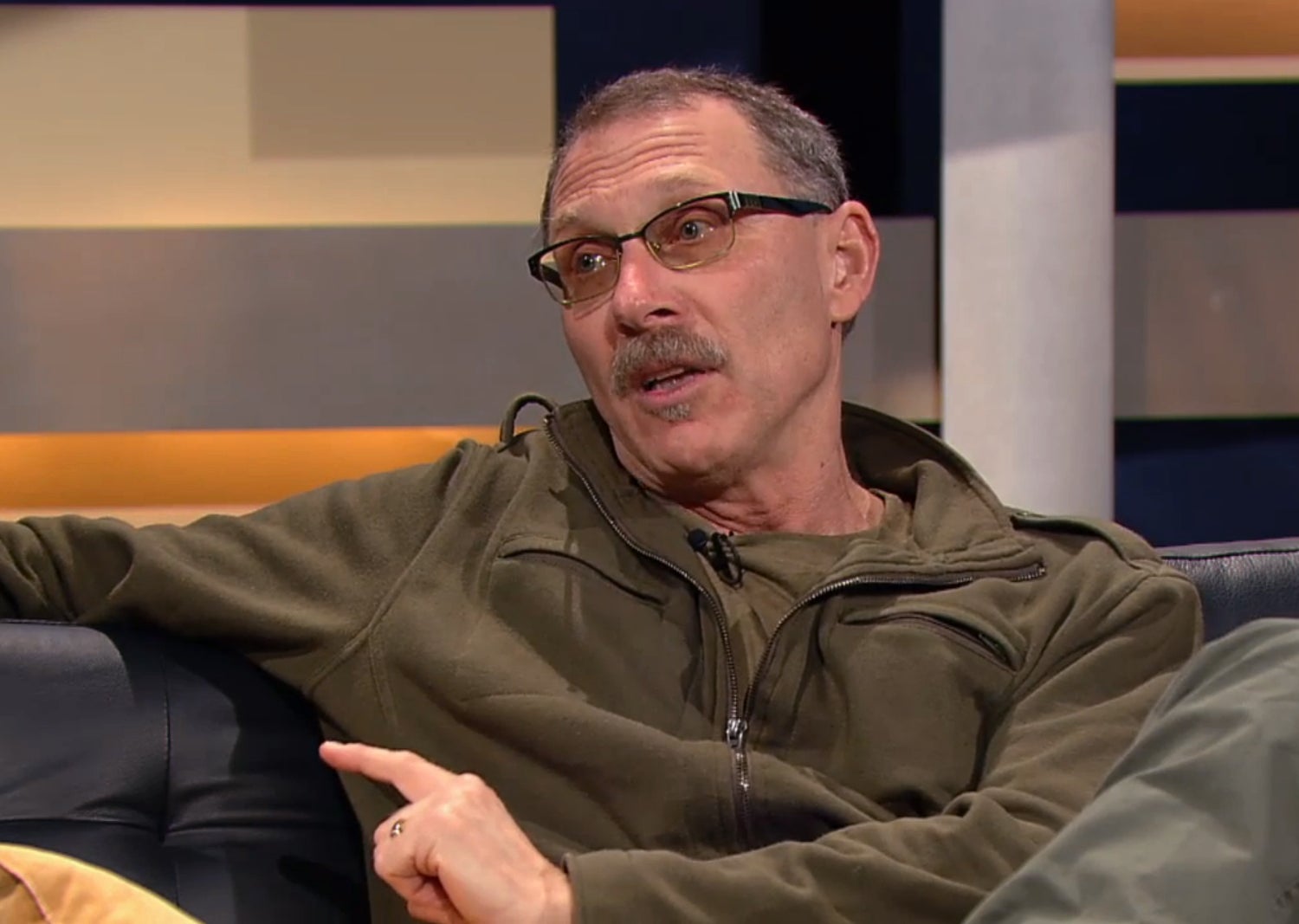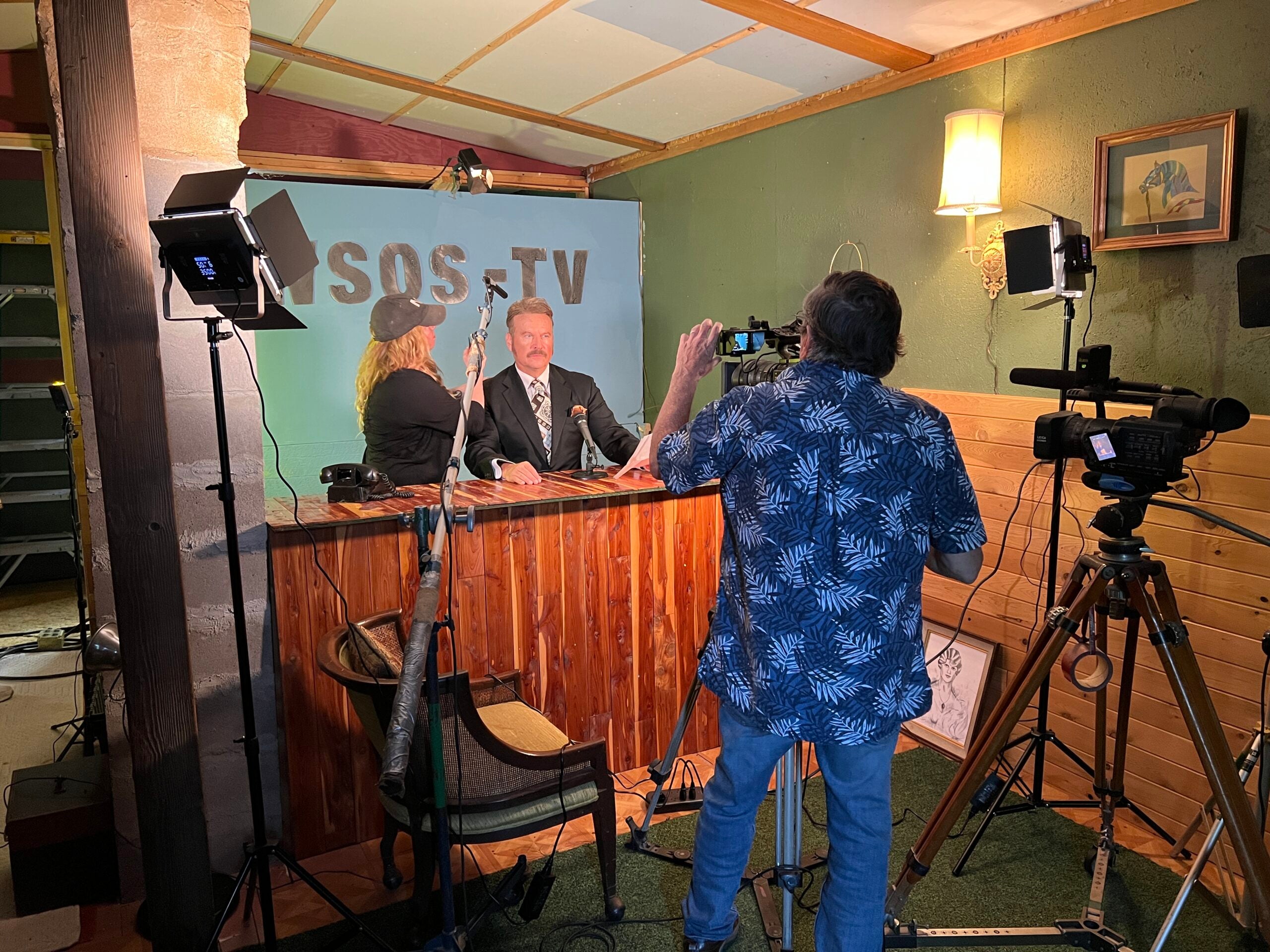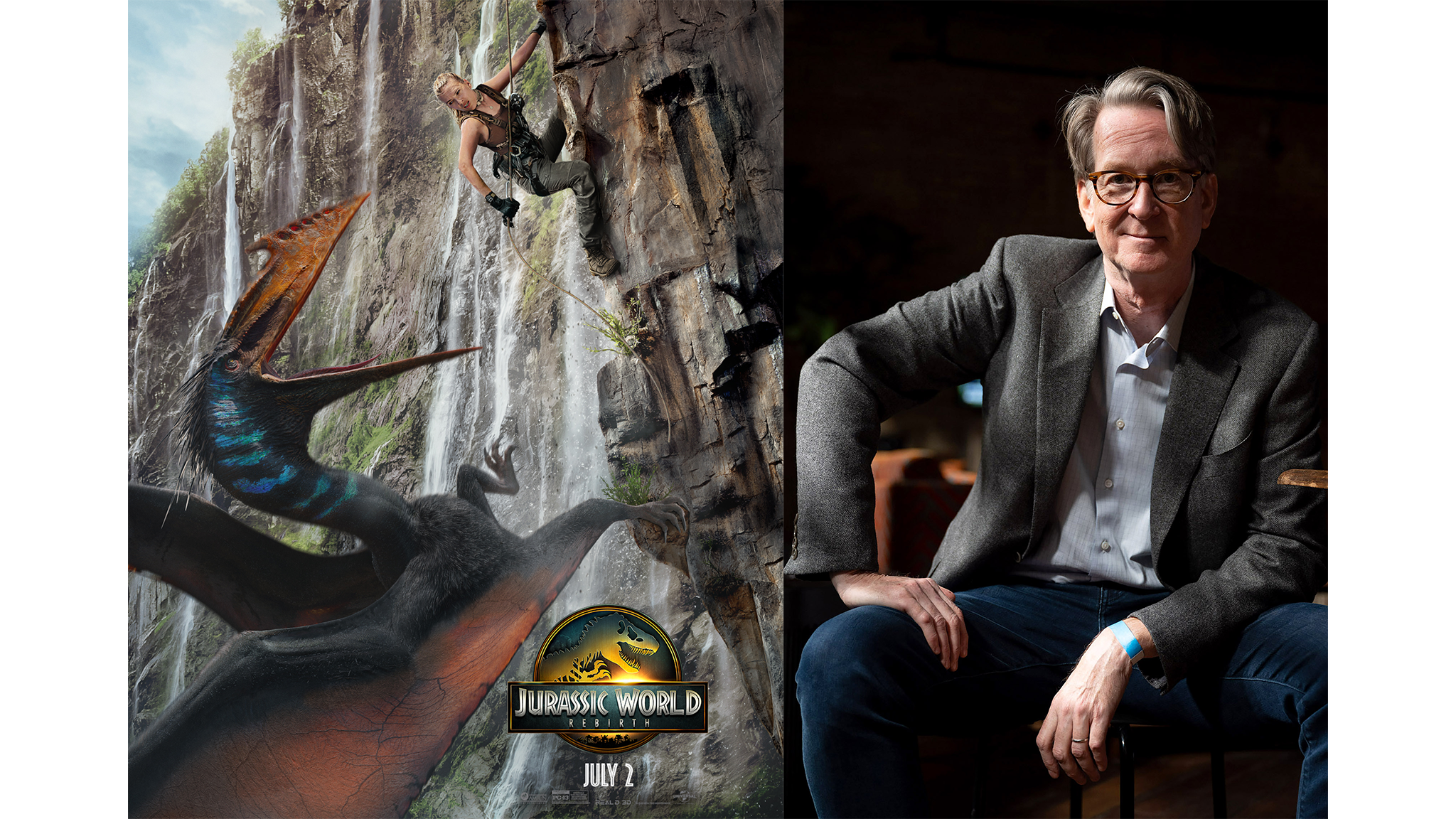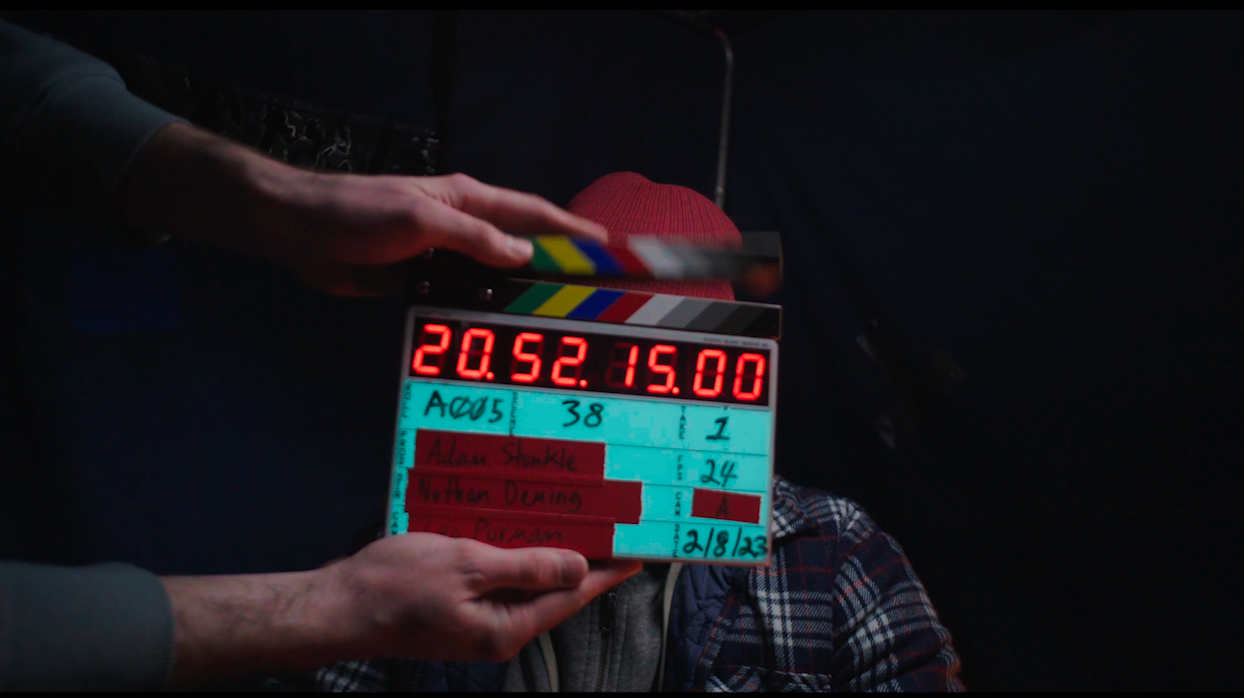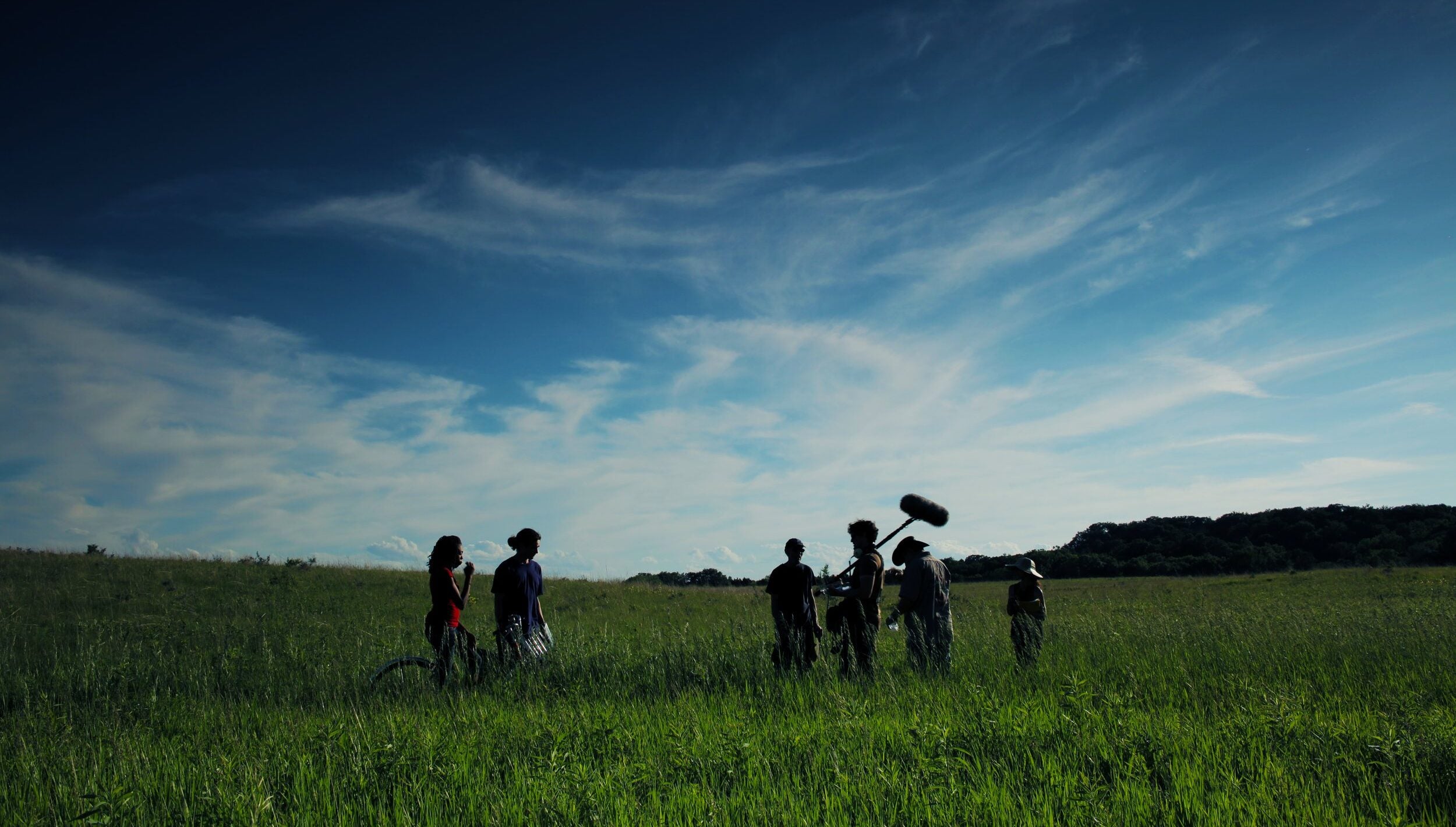The Wisconsin Film Festival isn’t until next April, but the festival is accepting submissions for a category of movies it calls “Wisconsin’s Own.” The category is for films or movie makers with Wisconsin ties. They can be short or feature-length, and have to be turned in by Dec. 1
Marc Kornblatt is a Madison-based filmmaker who’s entered in the Wisconsin Film Festival in the past. In fact, his documentary “Dostoyevsky Behind Bars” won the festival’s Golden Badger award this year.
Terry Bell recently asked Kornblatt about the challenges and rewards of small-budget independent filmmaking.
News with a little more humanity
WPR’s “Wisconsin Today” newsletter keeps you connected to the state you love without feeling overwhelmed. No paywall. No agenda. No corporate filter.
Marc Kornblatt: When I was a little more naive, with my first feature-length, I thought ‘Oh, this is a great feature-length,’ made in Madison about the homeless, I submitted it to 40 festivals. I got into three. When I got my rejection from Sundance, they told me they had gotten more than 10,000 submissions for 170 spots. Do the math. It’s harder than getting into Brown University.
Terry Bell: But a lot of people think they can still do this!
MK: With YouTube and all, it’s glorious. But again, the difference between a professionally made film, one that has been really worked on, and one that anyone can do with their little iPhone or with a tiny camera — there still is a difference. I mean, I’m talking to you on Wisconsin Public Radio. It’s different than just one of my students in elementary school interviewing me for the class newspaper.
TB: So what I’m hearing you saying is, no — not everyone can do this.
MK: It’s the same thing with blogs and all, right? The print media and radio — they’ve talked about all these different people who’ve come in. And they’ve brought something — whether it’s some revolution in Egypt, which these semi-professional or amateur have helped in the field of journalism — good journalism, good steady storytelling, is a craft.
TB: What advice would you give to a movie-maker thinking of submitting to the Wisconsin Film Festival?
MK: The first thing is, work on the piece. Really make sure that all the parts of it are the best they can be. Because viewers who come to the Wisconsin Film Festival, they’re discerning viewers now. They have been so groomed by all these different media … At a minimum, the technological part, even for low budget — sound, for me, is one of the most important things. If you can’t hear the people, if it’s obscured, the film committees are going to pass over it, because again, they get inundated with so many (entries).
TB: You have a job. You’re an elementary school teacher. You have a family. You have enough to do without making movies. Why do you think it’s worth doing?
MK: I’m a communicator. I think that’s how I got into teaching and other different things, and I love story.
Someone’s picked up one of my films, it’s yet to see any money. It’s supposedly on a pay-per-view network in Europe and America, and I have yet to see a cent. But the story about an aging artist from Mineral Point has touched people, and I’m able to see it in some festivals. I didn’t stay in acting too long, because I didn’t get enough work. I wrote seven children’s books, published them, had plays done — didn’t get enough work. For me, I don’t have to wait for anyone any more.
Wisconsin Public Radio, © Copyright 2025, Board of Regents of the University of Wisconsin System and Wisconsin Educational Communications Board.

